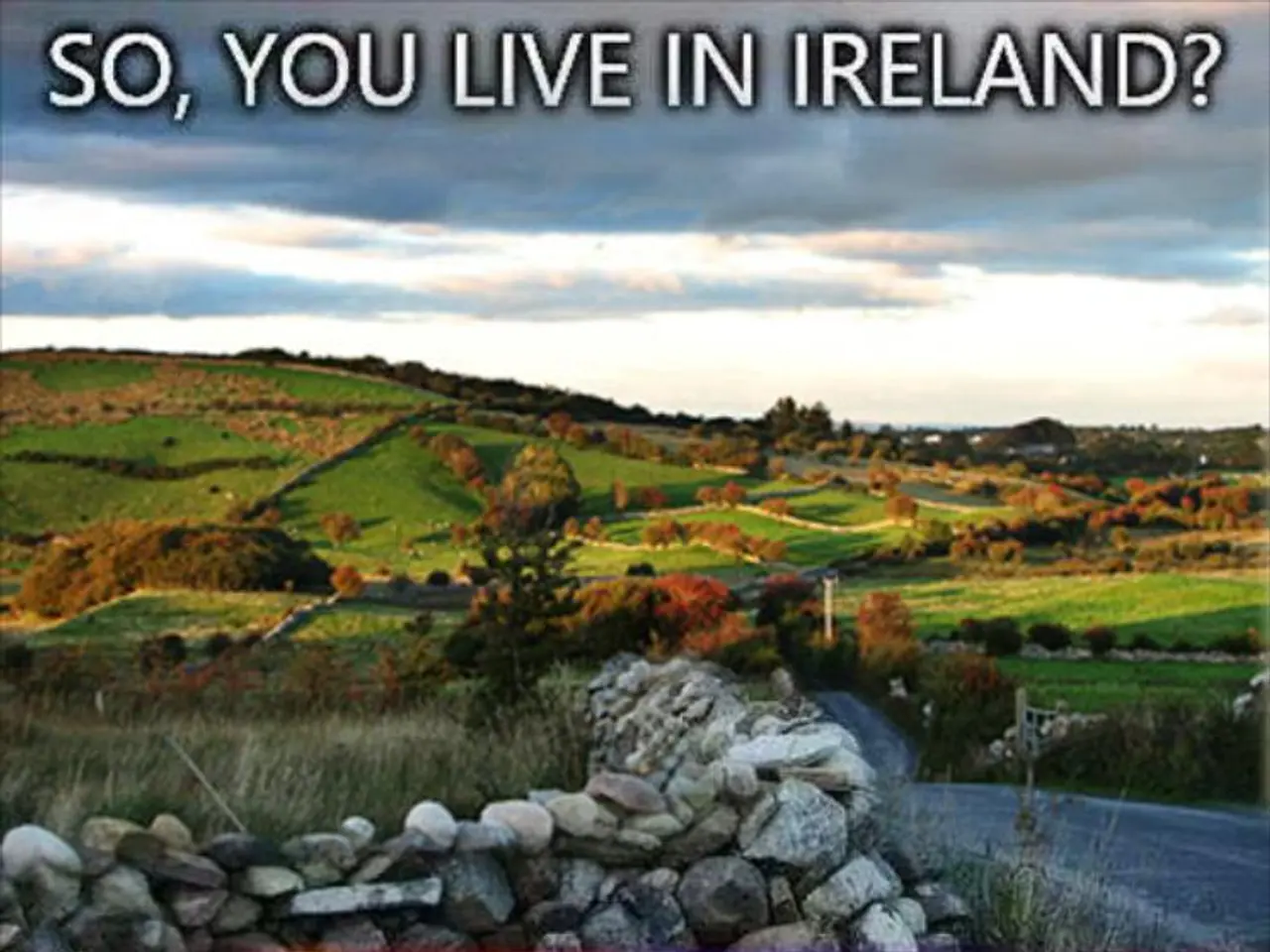Global Wildfire Risk Collaboration between Willis and UEA Unveiled
The insurance industry is gearing up to meet the challenges posed by the growing threat of wildfires, as Willis Towers Watson (WTW), a leading global advisory, broking, and solutions company (NASDAQ:WTW), has partnered with the University of East Anglia (UEA) to deepen understanding of global wildfire risk.
This collaboration aims to improve understanding and management of global wildfire risk by combining WTW's catastrophe risk expertise with UEA’s leading climate and fire science. The partnership specifically focuses on analyzing how wildfire behavior is evolving, including changes in fire frequency, intensity, geographic spread, and the increasing threat of destructive urban conflagrations.
The enhanced understanding is intended to help insurers and reinsurers better anticipate wildfire-related losses and develop more informed risk strategies, including underwriting, risk selection, pricing models, and new insurance products, in response to a rapidly shifting risk landscape driven by climate change and urban growth.
Dr. Matthew Jones, a leading fire scientist at UEA, emphasized that wildfires are a growing threat that will worsen as the climate warms, and that it is critical for research to keep pace with the emerging threat. Dr. Daniel Bannister, Weather & Climate Risks Research Lead at the Willis Research Network, stated that the insurance industry needs robust and accessible insights from cutting-edge research to understand and manage wildfire risk.
The partnership between WTW and UEA is not the only initiative aimed at addressing the growing wildfire threat. Willis Re, the reinsurance division of WTW, has deployed a wildfire risk solution for assessment of location level wildfire risk across the U.S. This solution correlates the risk to the company's portfolio level wildfire exposure.
Moreover, the collaboration between WTW and the Nature Conservancy focuses on reducing wildfire risks through ecological forest management and insurance. Analysis by WTW and the Nature Conservancy shows that ecological forest management can reduce severe wildfire risks in fire-adapted forests and significantly reduce insurance costs.
The State of Wildfires Report, an annual initiative with an international network of fire scientists co-led by Dr. Matthew Jones, examines the causes of extreme wildfire events, evaluates future wildfire risks under climate change, and identifies opportunities to minimize risk through climate action and land management practices.
The latest Natural Catastrophe Review published by Willis indicates that natural catastrophes continue to strain global insurance markets. Wildfires now rival other major perils like hurricanes in terms of financial damage, illustrated by notable losses from the 2019-20 Australian Black Summer fires (US$1.5 billion insured loss) and the 2025 Palisades and Eaton fires in Los Angeles (US$40 billion damage).
In conclusion, this partnership between WTW and UEA, along with other initiatives, aims to provide credible scientific insights and data-driven risk models that enable the insurance industry to keep pace with the escalating and shifting nature of wildfire threats globally.
- The insurance industry is collaborating with the University of East Anglia (UEA) to deepen understanding of global wildfire risk, combining WTW's catastrophe risk expertise with UEA’s leading climate and fire science.
- The partnership focuses on analyzing how wildfire behavior is evolving, including changes in fire frequency, intensity, geographic spread, and the increasing threat of destructive urban conflagrations.
- The enhanced understanding is intended to help insurers and reinsurers better anticipate wildfire-related losses and develop more informed risk strategies.
- The insurance industry needs robust and accessible insights from cutting-edge research to understand and manage wildfire risk, as stated by Dr. Daniel Bannister, Weather & Climate Risks Research Lead at the Willis Research Network.
- Willis Re, the reinsurance division of WTW, has deployed a wildfire risk solution for assessment of location level wildfire risk across the U.S., correlating the risk to the company's portfolio level wildfire exposure.
- The collaboration between WTW and the Nature Conservancy focuses on reducing wildfire risks through ecological forest management and insurance, showing that ecological forest management can reduce severe wildfire risks in fire-adapted forests and significantly reduce insurance costs.
- The latest Natural Catastrophe Review published by Willis indicates that natural catastrophes continue to strain global insurance markets, with wildfires now rivaling other major perils like hurricanes in terms of financial damage.




